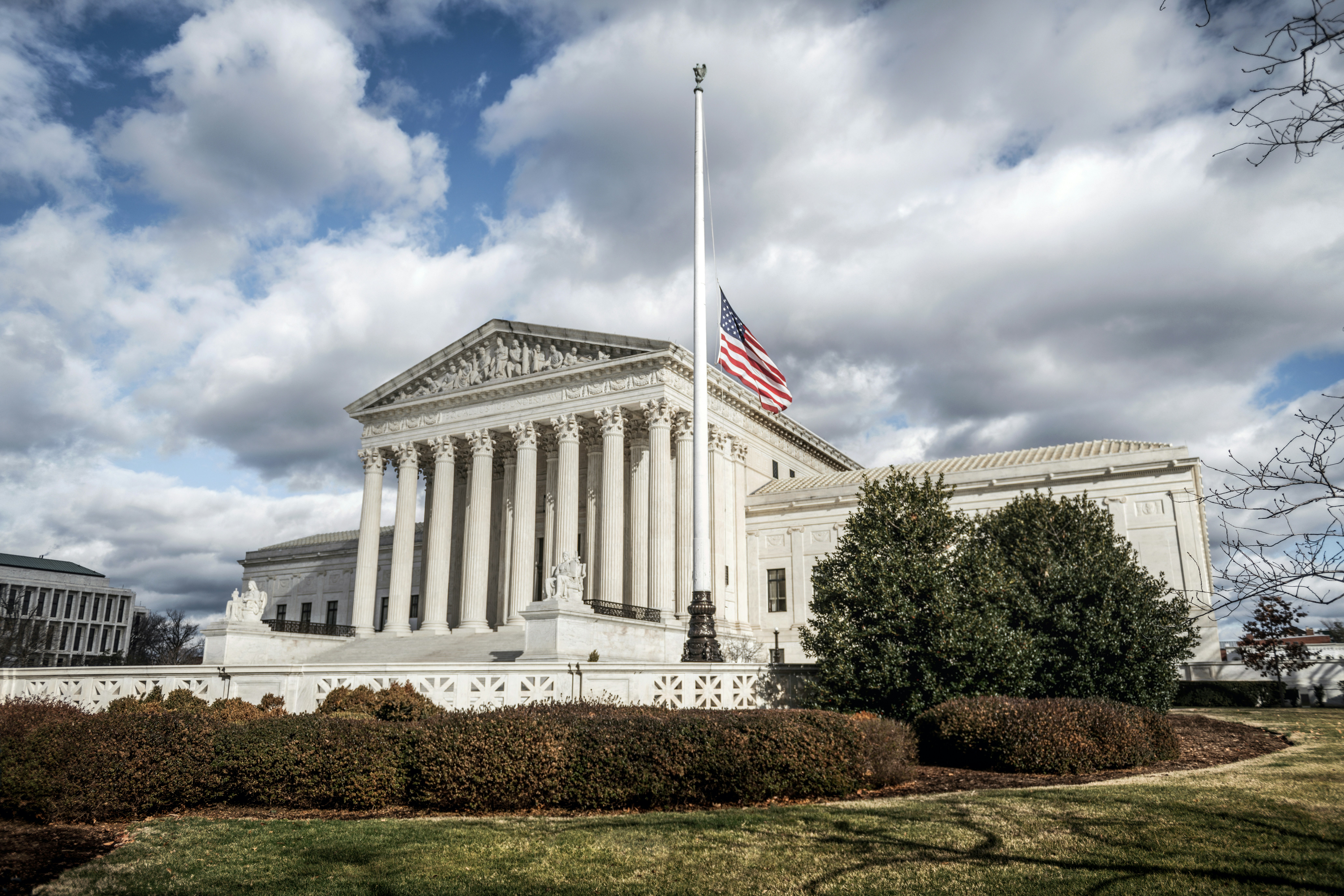An Examination of Mandatory Minimum Sentencing Laws: A Double-Edged Sword
In the realm of legal jurisprudence and public policy, few topics are as contentious yet understudied as mandatory minimum sentencing laws. These laws, which prescribe a minimum penalty for certain crimes that judges cannot lower, have been a staple of the criminal justice system in many countries, including the United States, for decades. This article will delve into the historical origins of these laws, their current state, and their implications on society.

The Historical Context of Mandatory Minimum Sentencing
Mandatory minimum sentencing laws are not a recent phenomenon. Their roots can be traced back to the 18th century in Britain, where judges were required to impose death sentences for more than 200 offenses. However, it was during the late 20th century—in the throes of a nationwide war on drugs—that mandatory minimum sentencing laws became more prevalent in the United States. The Anti-Drug Abuse Act of 1986, for instance, established minimum sentences for drug offenses based on the quantity and type of drug.
The Current State of Mandatory Minimum Sentencing Laws
Despite the passage of several decades, mandatory minimum sentencing laws continue to significantly influence the criminal justice system. These laws have been criticized for their perceived rigidity, with critics arguing that they remove a judge’s discretion to consider the individual circumstances of a case. Proponents, on the other hand, believe that these laws ensure uniformity in punishment and deter potential offenders.
The Implications and Impact of Mandatory Minimum Sentencing Laws
The implications of mandatory minimum sentencing laws are far-reaching. On one hand, they have undoubtedly led to the incarceration of many dangerous criminals, thereby potentially enhancing public safety. On the other hand, these laws have also resulted in the imprisonment of non-violent offenders for extended periods, contributing to the issue of prison overcrowding.
Moreover, a mounting body of research suggests that these laws disproportionately affect minorities and low-income individuals, who often lack the resources to negotiate more favorable plea deals. This has led to widespread calls for reform, with some jurisdictions already taking steps to roll back mandatory minimums for certain offenses.
The Ongoing Debate: Mandatory Minimum Sentencing Laws
The debate over mandatory minimum sentencing laws is far from settled. As policymakers grapple with the complexities of crime, punishment, and social justice, these laws continue to serve as a crucial point of discussion.
In conclusion, mandatory minimum sentencing laws represent a critical, if controversial, element of the criminal justice system. Their historical roots, current state, and societal impact all underscore their significance. As discussions about these laws continue, it is imperative for citizens to understand their implications and contribute to the discourse. Only then can we collectively shape a criminal justice system that is fair, equitable, and effective.




